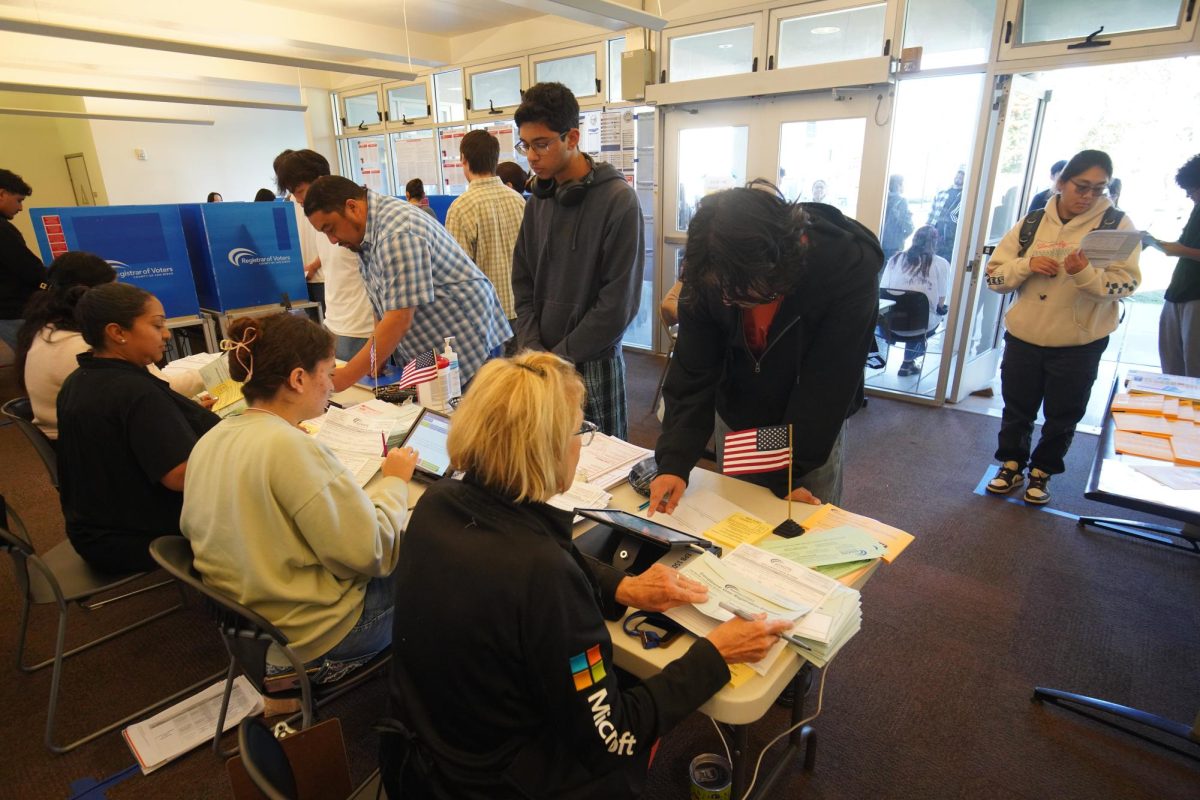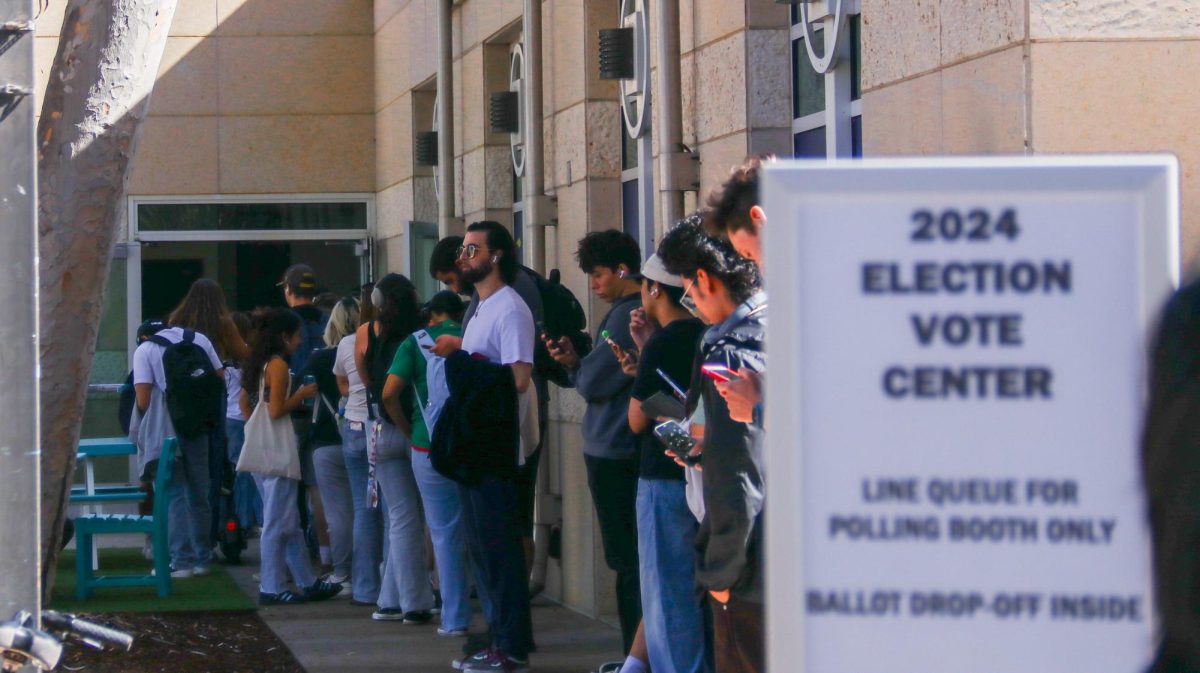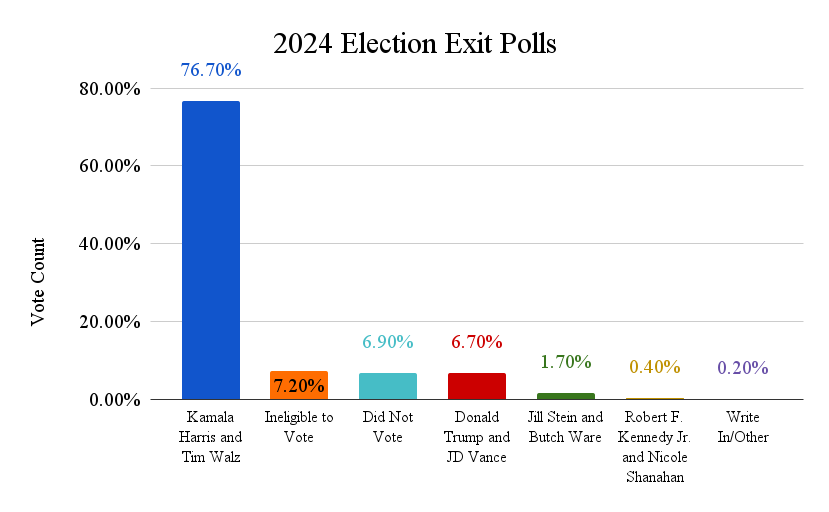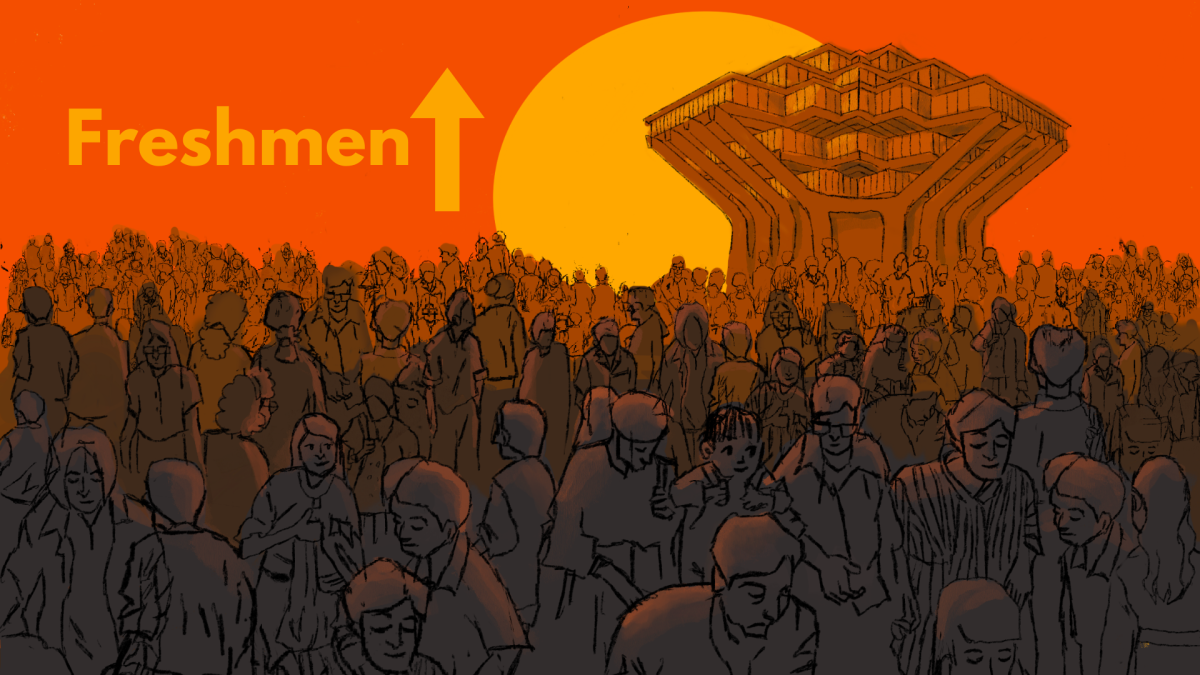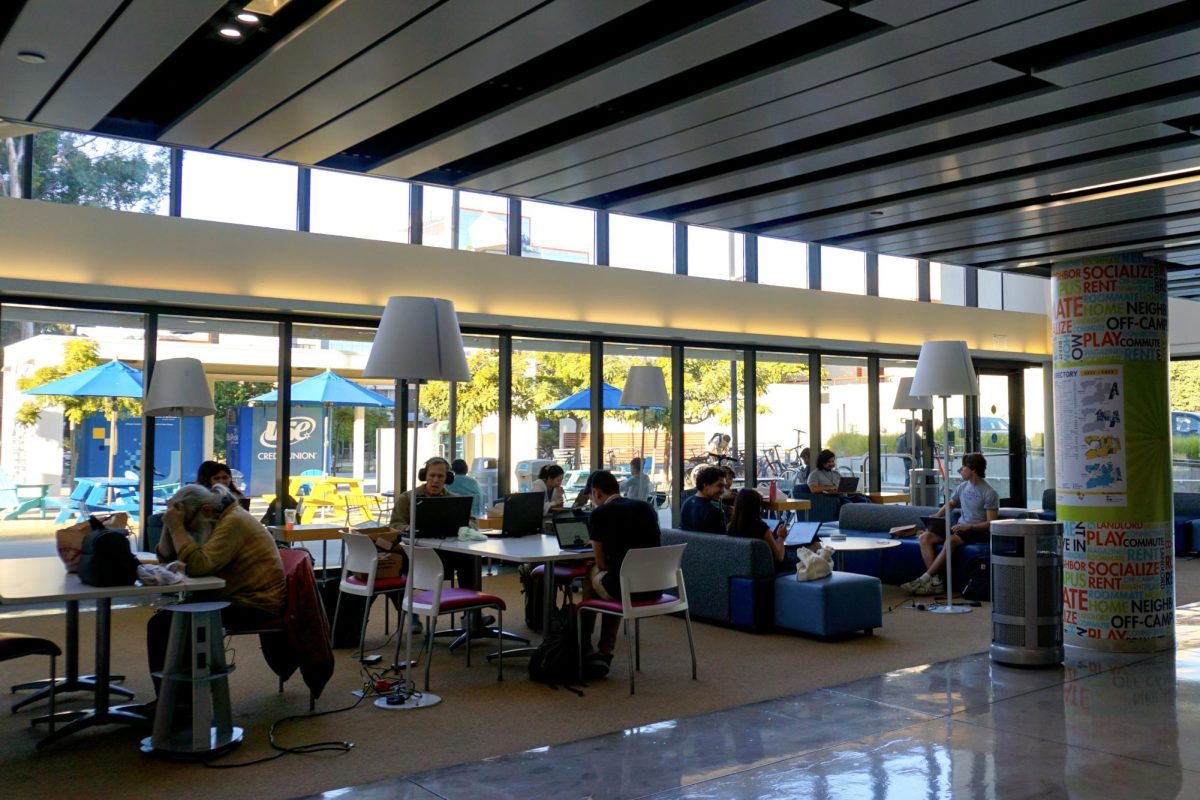David Makovsky visited UCSD as part of his February college tour sponsored by the Israel on Campus Coalition on Wednesday, Feb. 25. Makovsky is a Ziegler Distinguished Fellow at the Washington Institute and director of the Project on the Middle East Peace Process.
Makovsky spoke to a group of students at the Green Table Room in Price Center. The topics he discussed included Israeli politics, the peace process between Israel and Palestine, Jewish-student life on campus and coalition-building between Jewish and non-Jewish students on campuses. He then took questions from students on issues such as Israeli Prime Minister Benjamin Netanyahu’s upcoming speech to the U.S. Congress on March 3, The David Horowitz Freedom Center’s ranking of anti-Semitic colleges and possible successors of Palestinian President Mahmoud Abbas.
When asked by the UCSD Guardian for his view on the recent vote by the UC Student Association to divest from companies that conduct business with Israel, Makovsky stated that it’s creating a divide between students.
“I see this issue as ripping students apart,” Makovsky said. “It’s making some students feel that they are not welcome on campus, that [their] campus is a hostile place.”
Makovsky added that he doesn’t believe divestment has any practical outcome.
“On the one hand, it’s merely symbolic,” Makovsky noted. “The University actually doesn’t divest itself — it does all the damage without any of the positive.”
However, Thurgood Marshall College junior Amira Abudiab, the president of Students for Justice in Palestine at UCSD, told the Guardian that divestment does, in fact, have important implications for ending the occupation of the Palestinian territories.
“Divestment is the same tactic that was used for the South African apartheid,” Abudiab said.
Abudiab cited Caterpillar as one of the companies SJP is calling on the University of California system to divest from. According to Abudiab, Caterpillar customizes and sells bulldozers to Israel for the destruction of Palestinian homes.
Rather than putting students’ energy toward divestment, Makovsky said he would like to see it used for investment instead.
“Invest in relationships, in coalition building, in creative programming,” Makovsky proposed. “That would bring students together who maybe have a different set of perspectives.”
Makovsky also told the Guardian his thoughts on the current reconstruction of Gaza.
“The problem is that right now there is a standoff,” Makovsky said. “The Palestinian [National] Authority has the international backing, but they don’t really want to go in because it’s dangerous.”
“I’m putting my neck out on the line on this — there’ll end up being a unity government,” Makovsky said with regard to the upcoming Israeli elections. “I tend to think there’s no choice; you cannot have a narrow government that’s going to be able to deal with all the challenges that Israel has to deal with.”
Makovsky is an adjunct professor in Middle Eastern Studies at Johns Hopkins University’s Paul H. Nitze School of Advanced International Studies and recently finished a 10-month stint in the U.S. government as a senior advisor on Secretary of State John Kerry’s peace team.


